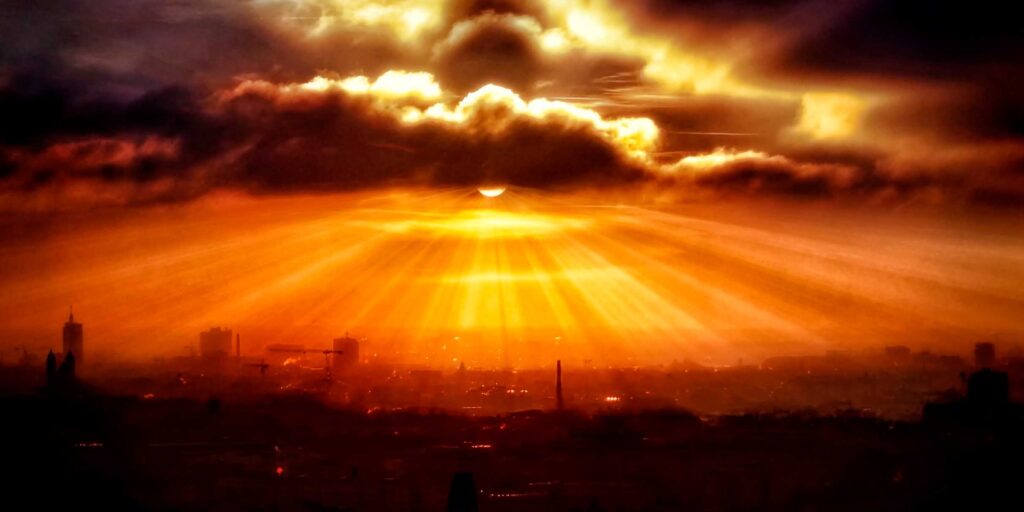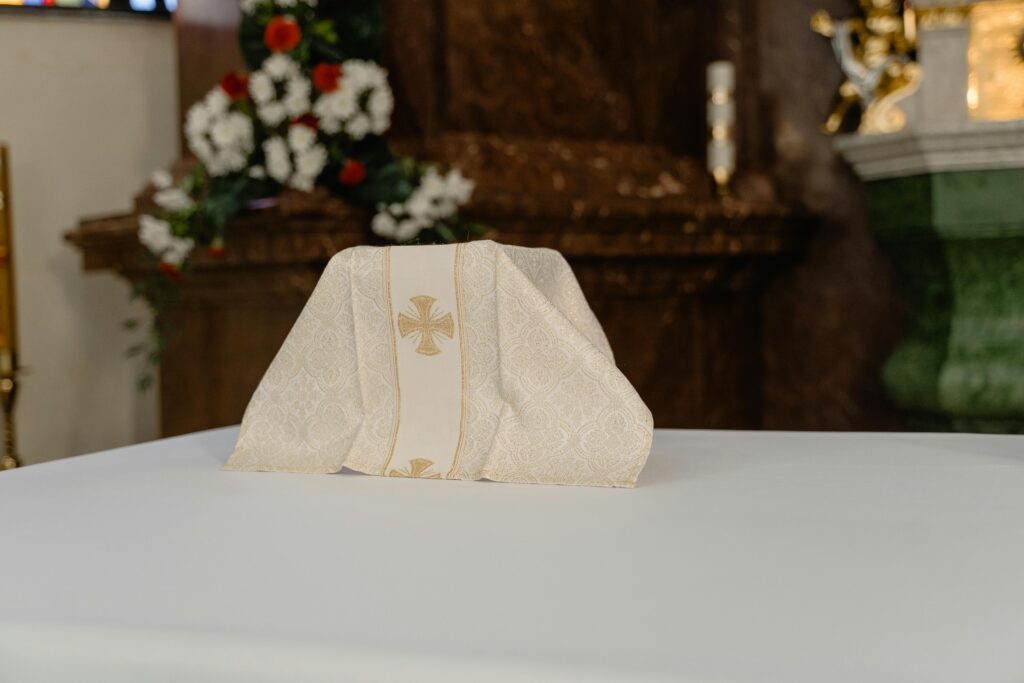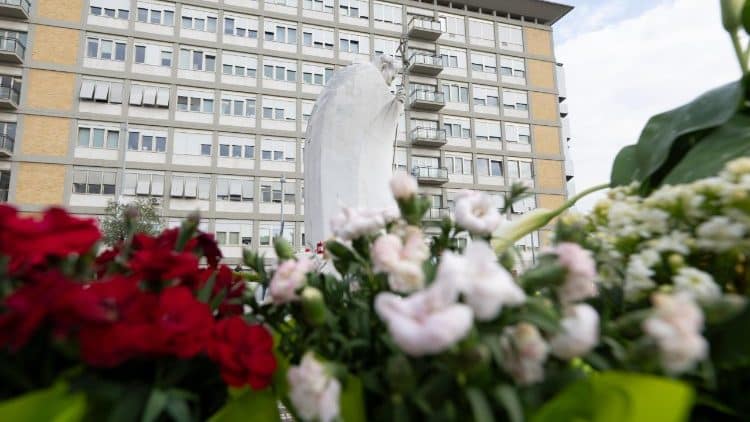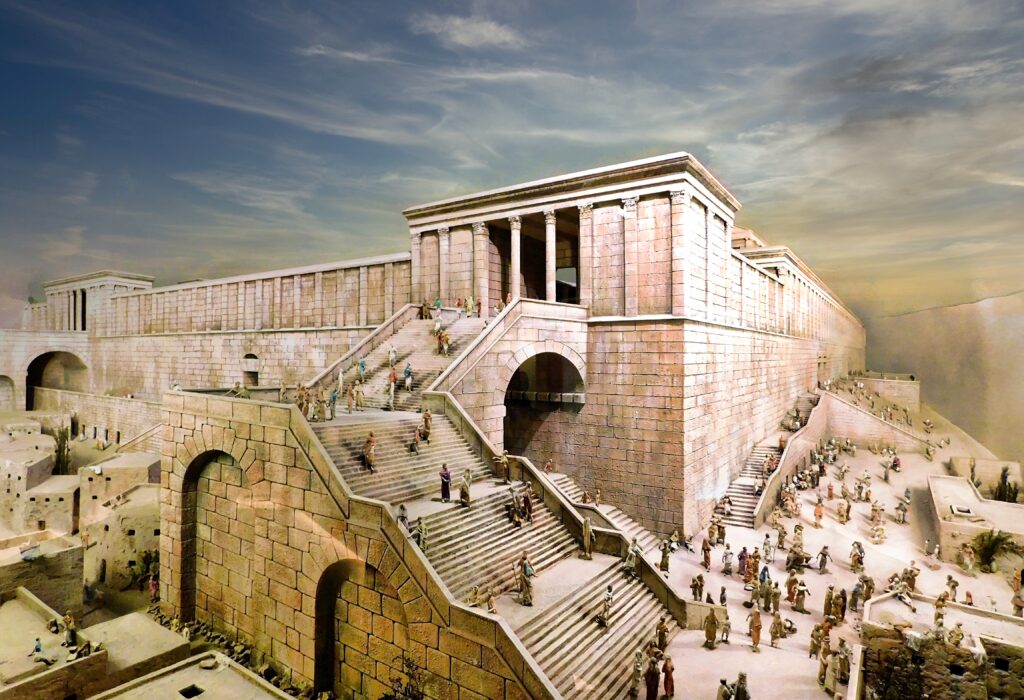3 Faith Leaders Discuss Faith, Science, Society
A Cardinal, a Calvinist Bishop, and a Senior Rabbi

Three faith leaders — a Cardinal, a Calvinist Bishop, and a Senior Rabbi — walked into a radio station.
No, that isn’t the start of a bad joke; the national radio provided a platform for an extraordinary discussion of Hungarian Christian and Jewish religious leaders on faith, science, and the state of our societies.
As part of the preparation for the upcoming 52nd International Eucharistic Congress (IEC) in Budapest and the participants’ strong commitment to interfaith dialogue Cardinal Péter Erdő, Archbishop of Esztergom-Budapest, Calvinist Bishop Zoltán Balog, pastoral president of the Synod of the Hungarian Reformed Church, Slomó Köves, senior rabbi of the United Hungarian Jewish Community (EMIH) and brain researcher Szilveszter E. Vizi, former president of the Hungarian Academy of Sciences sat down for the first time to exchange ideas on public radio. Their writings have also appeared in IEC2021’s recently published book on faith, science, and society including the thoughts of 52 authors from all over the globe.
The aim of the 52nd International Eucharistic Congress – to be held in Budapest between 5-12 September – is to provide an occasion for every participant to meet Jesus Christ in the Eucharist, to demonstrate Christian love towards the world, and to bring about a lively dialogue between peoples and religions. Pope Francis has also recently confirmed that we’ll celebrate the closing mass
The Eucharist connects
Natural and social scientists, jurists, theologians have covered a wide range of topics in the book, such as: can the existence of an infinite God be proved by ration, is there a bridge between spirit and matter, faith and reason, the immanent and the transcendent world? Is the pandemic a divine punishment? The buzzword of the book is the Eucharist. Despite the rich content of the book, it still points in one direction: listening, getting to know each other, dialogue, believing and thinking about our world, ourselves, among believers and non-believers, followers of various religious and scientific trends.
The participants of the round table sought to do the same in their conversation, looking for points that connect like-minded people of different religions. Everyone imagines the figure of God differently. But how do these images correlate in the minds of a cardinal, a rabbi, a Calvinist bishop, and a brain researcher?
Péter Erdő experienced the presence of God even while looking at the sea. The doctor and brain researcher met God while studying the created world in connection with its fantastic orderliness. What does it mean to grow up in a deeply religious family where God is present as an addressable person or just to find God in the midst of atheist parents?
Calvinist Bishop Zoltán Balog spoke about his experience of God in the former way, while
Rabbi Slomó Köves spoke about how the focus of his interest as a child was on how to experience the existence of God in a rational way.
How can we learn the most about our world?
In the radio talk, the participants soon arrived at the question of whether faith and science are paired in the best way of getting to know the world, in the search for truth. Making any of them exclusive has done a lot of harm to the human community. The conversation also recalled the oeuvre of the Hungarian Benedictine monk Szaniszló Jáki, who studied with Nobel Laureate Victor F. Hess as an experimental physicist. Through his desire to know the created world and his theological and physical scientific proficiency, he raised the relationship between faith and science to a new dimension in his writings. He rejected the exclusivity of any of this in the aspiration of getting to know the world. His scientific work was followed with special attention by several popes, and Jáki’s world of thoughts can be considered to be the forerunner of the papal encyclical entitled Faith and Reason, published by Saint John Paul II.
Dr. Szilveszter E. Vizi pointed out as a researcher in connection with the effect of the Ten Commandments concerning the relations of human communities, that in these, as a result of the development of human thinking, science voluntarily appears as a creative force that changes the world. However, he added, the scientist can get to recognize the fantastic existing order in the world, namely God himself.
COVID can open a new chapter for humanity
Zoltán Balog paralleled the pandemic with the biblical story of the Tower of Babel: both have a global impact and reveal a kind of divine pedagogy, namely that it is time to stop and see where our borders are. Cardinal Erdő reminded us that in the history of mankind, great epidemics have always been watersheds in cultural history. The milestones did not come about by people drawing the conclusions, but from the fact that the situation changed, which implied many consequences. Péter Erdő still expects that the situation of the epidemic will teach us to assess. It provides a picture of what is valuable and essential to people. In addition to safety and food, religion was also on the list – highlighted by the debate over church closures in Italy. According to the cardinal, this period provides an opportunity to review our tasks. Will for example the costly trips burdening the environment still be necessary after the pandemic or, in some cases, will video conferences used currently still be used? Szilveszter E. Vizi trusts in an “anti-Babel” response, the epidemic can teach us with regard to the common, invisible enemy that people should act together for the global common good. Slomó Köves focused on vulnerability and a false sense of security in connection with the invisible danger. He believed we wanted to create the security considered most important ourselves. Mankind once more proved to be overconfident, just like the builders of the Tower of Babel. We draw finite walls, while true security is to be provided by the transcendent infinite.
Related

End Times, Intrahistorical Hope, and Final Victory
Albert Cortina
12 March, 2025
11 min

An Encounter with Christ: Spiritual Preparation for Mass
P Angel Espinosa de los Monteros
11 March, 2025
3 min

Pope at Gemelli: He continues the Lenten Spiritual Exercises from the hospital
Exaudi Staff
10 March, 2025
1 min

Sunday Psalm: God’s Constant and Active Presence in History
Exaudi Redacción
09 March, 2025
1 min
 (EN)
(EN)
 (ES)
(ES)
 (IT)
(IT)

